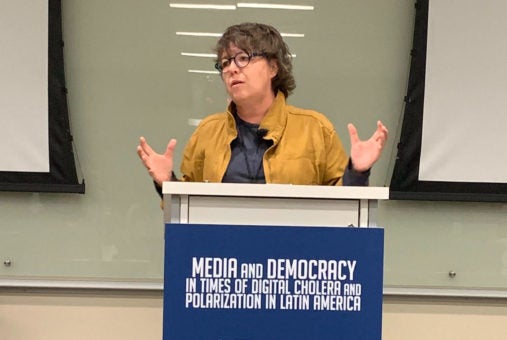
In Mexico, when a journalist asks the president a critical question during his press conferences, he is then attacked on social networks explained Mexican journalist Gabriela Warkentin of W Radio during the event “Media and Democracy in Times of Digital Cholera and Polarization in Latin America.”
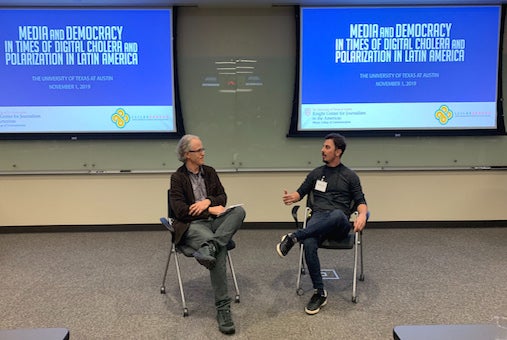
Never in the history of Brazil have journalists and digital media been attacked the way they are being targeted now, said Leandro Demori, executive editor of investigative site The Intercept Brasil.
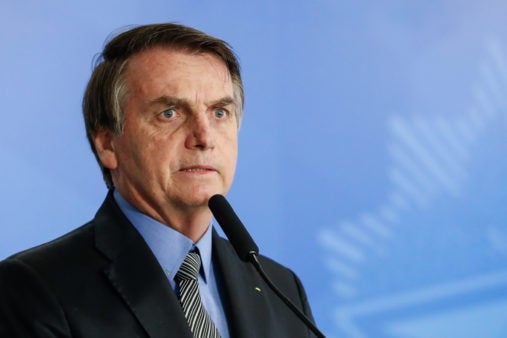
The editorial “O lugar de cada um” (The place of each one), published on Nov. 5 in the newspaper O Globo, is another development in the tense relationship between Bolsonaro and the press, fueled by the president's recurring attacks on critical journalism.

Cartoonist Pedro X. Molina talked about the current political crisis Nicaragua is experiencing and how critical media have become targets in the process. It was part of the event, “Media and Democracy in Times of Digital Cholera and Polarization in Latin America.”
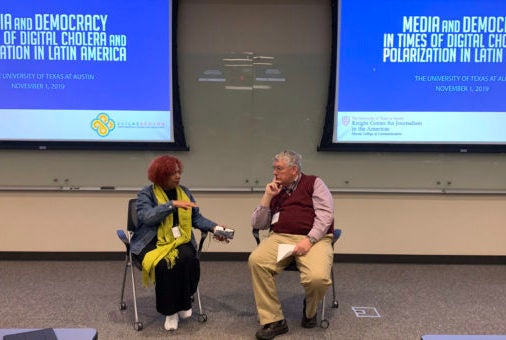
Twenty years ago, journalists could not have imagined the present situation for media in Venezuela, according to Luz Mely Reyes, director and co-founder of digital site Efecto Cocuyo.
The organization also noted that in Brazil, El Salvador, the United States, Guatemala, Mexico and Nicaragua the stigmatization of the media and journalists is on the rise.
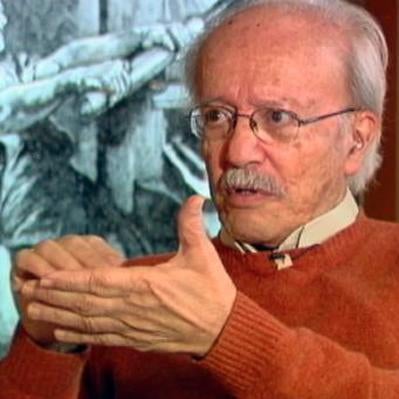
He also stood out for his defense of press freedom. In fact, he was director of the Foundation for Press Freedom (FLIP) in Colombia, and was a columnist for the newspapers El Espectador, El Colombiano and El Heraldo.
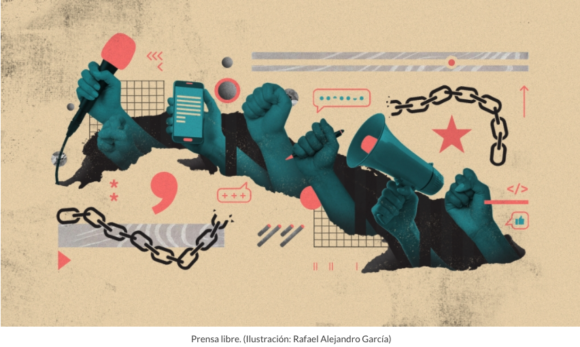
The independent press also urged the government, for the first time, according to 14yMedio, for the repeal of laws that infringe on the right to freedom of expression and the legalization of independent media.
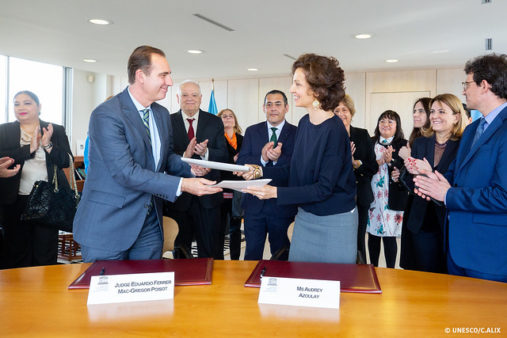
This Plan of Action “aims to create a free and safe environment for journalists and media workers around the world,” according to the statement.
Peruvian investigative journalist Paola Ugaz is the target of a second lawsuit, this time for allegedly making false statements as a witness during the defamation trial against her colleague Pedro Salinas.
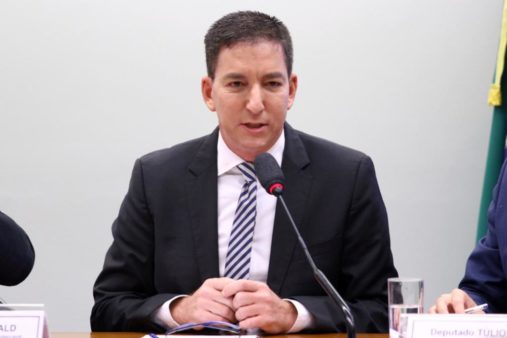
Brazilian President Jair Bolsonaro denied that the recent decree authorizing the summary deportation of 'dangerous' foreigners could be used against journalist Glenn Greenwald of The Intercept. However, the leader said there is a possibility that the journalist could be jailed in Brazil.
The process of judicial reorganization being undergone by the Abril Group, one of Brazil’s largest publishing groups, has led to a journalist being required to pay a hefty compensation for a lawsuit related to a report published in one of the media company’s outlets.